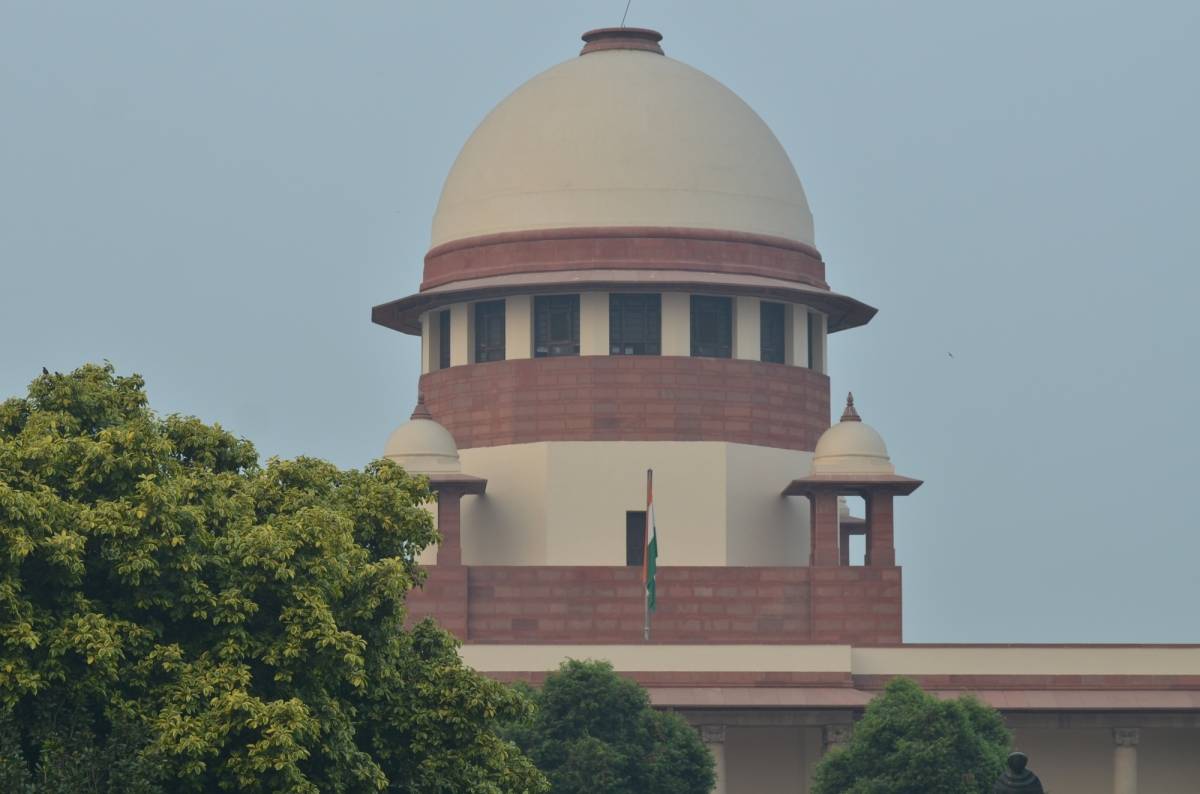The court allowed the central government to carry out consultations and was informed by Mehta that this exercise could take three months…reports Asian Lite News
Not happy with the Centre changing its position on whether minority status could be given to a religious community based on its population within a state, the Supreme Court on Tuesday asked the central government to consult stakeholders on this sensitive issue, and submit a report by August 30.
The bench was hearing a public interest litigation by Delhi Bharatiya Janata Party (BJP) leader Ashwini Kumar Upadhyay, who challenged two laws – the National Commission for Minorities (NCM) Act, 1992, and the National Commission for Minorities Educational Institutions (NCMEI) Act, 2004.
Upadhyay asked why minority rights and benefits of establishing educational institutions were only available to six notified communities — Christians, Muslims, Sikhs, Buddhists, Parsis and Jains — and contended that Hindus lost out on these benefits despite being minority in some states.
The ministry of minority affairs filed an affidavit on Monday, through which it withdrew its earlier stand taken on March 28, and submitted that the question has “far-reaching ramifications throughout the country” and, therefore, “any stand taken without detailed deliberations with the stakeholders may result in an unintended complication for the country”.
In the earlier affidavit, the Centre termed Upadhyay’s plea “untenable and misconceived in law”, and stated that Parliament and state legislatures have “concurrent powers to enact law to provide for the protection of minorities and their interests”.
“Another counter affidavit has been filed which seems to back out of what was stated earlier, something we do not appreciate,” a bench of justices Sanjay Kishan Kaul and MM Sundresh said.
Saying how the Centre “turned turtle”, the bench told solicitor general Tushar Mehta: “How can in a matter like this an affidavit be filed that both Centre and state have power, and then say Centre alone has power? We gave you a number of dates. Consultation should have taken place. One should be careful before such an affidavit is filed and put out in public domain as there is so much of diversity in our country.”
The court allowed the central government to carry out consultations and was informed by Mehta that this exercise could take three months. The bench posted the matter for hearing on August 30 and sought a status report before the next date.
Upadhyay told the court that his prayer was not just for seeking minority benefits for Hindus as there was a larger issue raised in his petition questioning the validity of the two laws. Section 2(f) of the 2004 law gave wide powers to the Centre to restrict benefits to only six notified religious communities, he contended. The Centre was wrong in suggesting that states too have power to declare a community as minority, he argued.
“Your prayer cannot be read in a vacuum,” the court said. “Due care must be taken wherever any community that is in minority is declared to be a minority.”
The new affidavit was filed after the central government undertook an interministerial consultation involving three ministries, which discussed the possible fallouts and decided to supersede its earlier affidavit with a fresh one, Mehta said.
ALSO READ-US Senate passes bill to boost security for Supreme Court justices

Leave a Reply